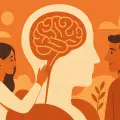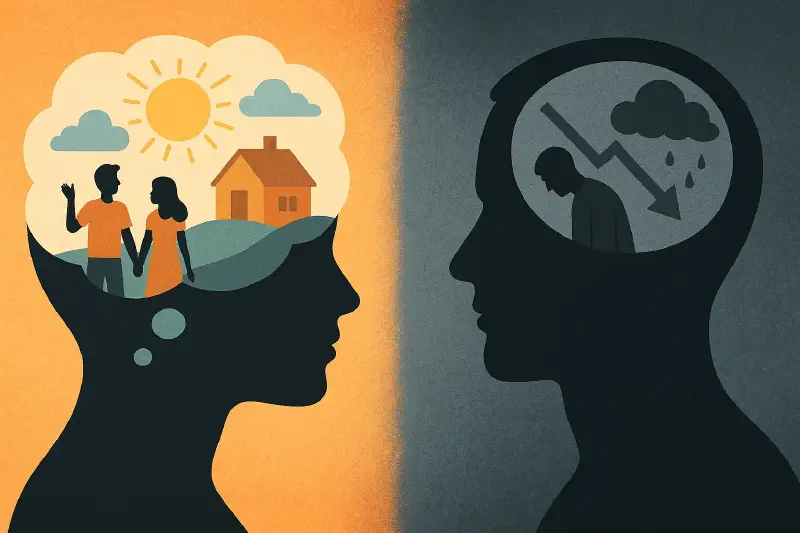Welcome to Psychology 101, where we explore the fascinating quirks and patterns of human behavior—not to judge or feel superior, but to understand ourselves and others with greater compassion and wisdom.
About This Series
Human psychology can seem mysterious, but understanding our mental patterns is one of the most practical skills we can develop. This series takes counterintuitive psychological insights and shows how they apply to real life, helping you:
- Navigate relationships more skillfully - Understanding why people (including yourself) behave in certain ways
- Make better decisions - Recognizing cognitive biases and emotional patterns that influence choices
- Communicate more effectively - Knowing how minds actually work, not how we think they should work
- Practice self-compassion - Accepting human nature as it is, not as we wish it were
- Build genuine connections - Moving beyond surface interactions to deeper understanding
Why Study Psychology Today?
In our complex world, understanding human behavior isn’t just academic curiosity—it’s a survival skill. These insights help us:
- Embrace our humanity: Accepting that we all have blind spots, biases, and contradictions doesn’t make us flawed—it makes us human
- Improve our relationships: When we understand why people act in seemingly irrational ways, we can respond with empathy instead of frustration
- Make wiser choices: Knowing how our minds trick us helps us think more clearly and live more intentionally
- Create better communities: Understanding human nature helps us design systems, relationships, and environments that work with our psychology, not against it
Our Philosophy: Science as a Tool for Better Living
Psychology isn’t about labeling people or feeling cynical about human nature. It’s about understanding the beautiful, messy, complex reality of how minds work—so we can live more peacefully with ourselves and others.
When we stop expecting people (including ourselves) to be perfectly rational beings and start accepting us as the emotional, storytelling, connection-seeking creatures we actually are, life becomes both more manageable and more meaningful.
Each post in this series takes a specific psychological insight and explores how it plays out in everyday situations, making the science of human behavior practical and actionable for modern life.
“Until you make the unconscious conscious, it will direct your life and you will call it fate.” - Carl Jung

